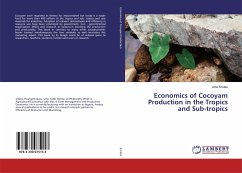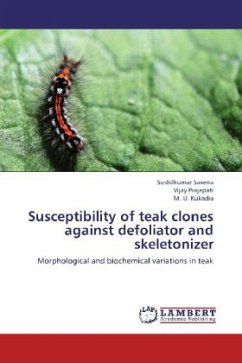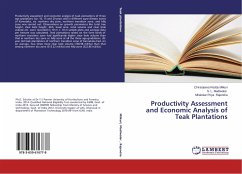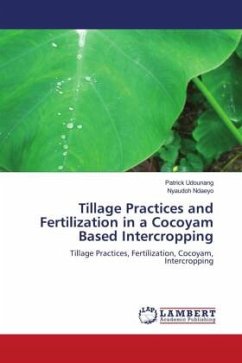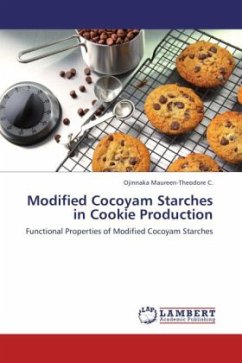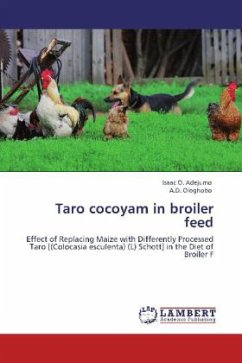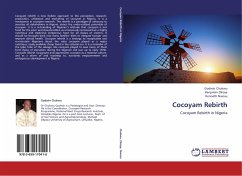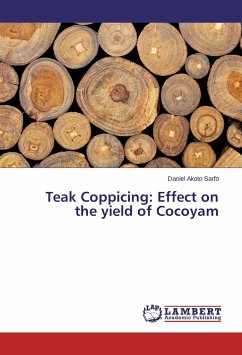
Teak Coppicing: Effect on the yield of Cocoyam
Versandkostenfrei!
Versandfertig in 6-10 Tagen
24,99 €
inkl. MwSt.

PAYBACK Punkte
12 °P sammeln!
Plantation forestry development in Ghana has been identified as one of the most promising options to reduce deforestation and ensure the availability of forest products to meet social, environmental and economic objectives. Despite success stories choked in plantation development in Ghana, coppice management in established teak plantations is virtually nonexistence which is attributed to high cost of the coppice management. However, it has been discovered that the use of farmers in plantations is one of the most viable and cost effective approaches for coppice management in Ghana. Farmers are ...
Plantation forestry development in Ghana has been identified as one of the most promising options to reduce deforestation and ensure the availability of forest products to meet social, environmental and economic objectives. Despite success stories choked in plantation development in Ghana, coppice management in established teak plantations is virtually nonexistence which is attributed to high cost of the coppice management. However, it has been discovered that the use of farmers in plantations is one of the most viable and cost effective approaches for coppice management in Ghana. Farmers are only incentivized to work in plantations when their preferred crops do well in any intercropping design usually used the plantations development. Cocoyam one of the neglected, underutilized and extinction threatened is also one of the staple food crops in the Ghanaian agrarian landscape.




